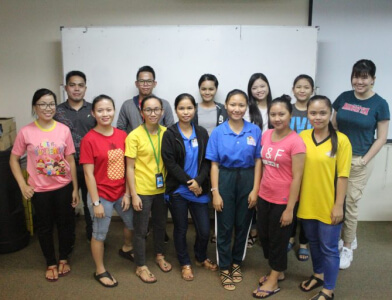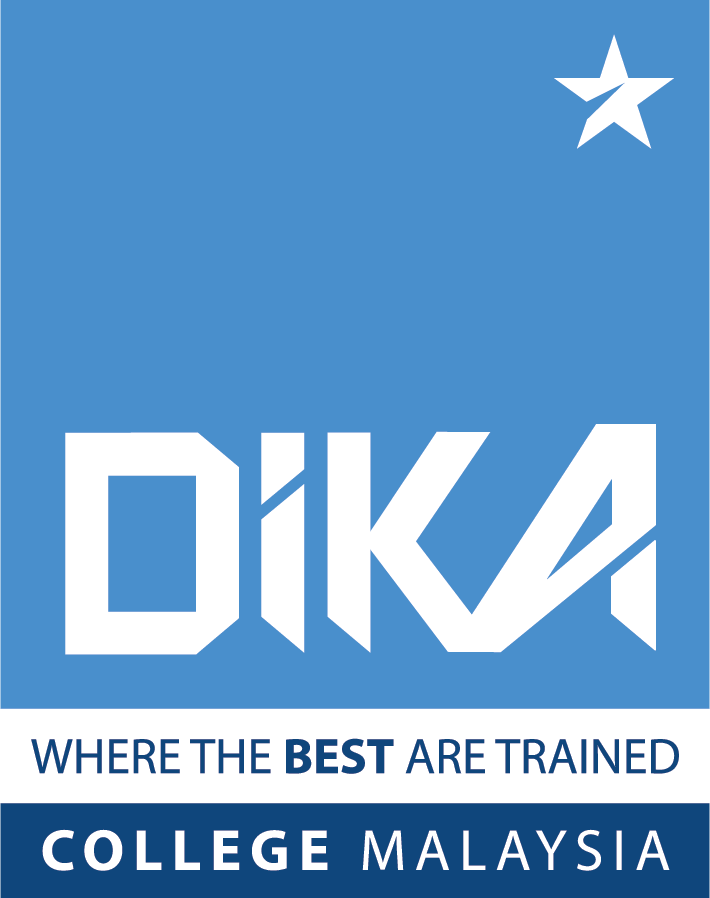29 Oct The Dika – FGA Collaboration : A Community Outreach Effort For The Far Reaches of Sabah

THE DIKA – FGA COLLABORATION:
A COMMUNITY OUTREACH EFFORT FOR THE FAR REACHES OF SABAH
Dika College and the Full Gospel Assembly Church (FGA) are working together to reach out to the Rungus community in Pitas, Sabah and help them break out of the cycle of poverty. Based on the tenet that education is key, the Dika-FGA collaboration provides opportunities to SPM holders of the community to pursue their dream in joining a reputable tertiary institution and thus, begin a new cycle full of hope and possibilities for the future.
Dika College has always sought to ensure that educational opportunities it provides are available to all levels of society, including those from the poor and the disadvantaged group. When Dika was approached by Mr Michael Sim of the Full Gospel Assembly Church (FGA) to work together to reach out and help the Rungus community in Pitas, Sabah, there was no hesitation. Pua Chee Ling, Chief Executive of the Dika College, stated, “We have been involved in several community outreach programmes before this. This collaboration with FGA is an extension and an apt manifest of our social corporate responsibility to help this community to improve their lives through education. We strongly believe that involvement in such initiatives reinforces our vision of ‘Inspire to Aspire’”.
The Dika-FGA collaboration was formalised in November 2018 and saw its first batch of students enrolled in January 2019. Dika’s role pertains to the provision of tertiary education at a subsidised rate as well as the flexible scheduling of classes to cater to working students. Students work full-time at a kindergarten that has been carefully shortlisted. Dika arranges for weeknight and weekend classes for them. A portion of the salary they earn is then used to pay for the fees. In this way, students would be debt-free when they graduate with a diploma. As at September 2019, there have been two batches of students enrolled as part of this initiative.
Through FGA, Sim and his fellow volunteers provide services related to the promotion of the programme, the selection of candidates and the provision of pastoral care for the students. One of the most difficult tasks for the FGA team is to convince the parents. “They want their children to be close to them no matter how tough their poverty-stricken life is. We had to strongly emphasise on the benefits it would bring to the child, to the family and to the community before a transformation of mindset can take place,” Sim disclosed.
Once the students have been selected, FGA would arrange for job placement and other logistics supported by Dika. Those without employer-provided accommodation would be placed at a hostel free of charge, albeit with certain conditions. “The FGA team acts as foster parents for these students and steer them away from a dependent mentality. As such, we help them plan their budget and manage their income,” Sim explained. To help them cope with the assimilation process, FGA also provides them with counselling services and frequently organises leisure-based outings.
The focus of this outreach effort is on the younger generation of the Rungus community. Though they had gone to schools, very few qualify for the SPM certificate and out of these few, rarely do they have enough credits to qualify for tertiary education. With this collaboration, these students now have the opportunity to further their studies. Dika College accepts those with 3 credits directly into the diploma programmes. Pua added, “Even those with 1-2 credits have the opportunity to join the diploma programme as long as they have 3-5 years’ relevant working experience.”
The mid-term goal for this initiative is to send some of the Dika-trained graduates back to Sabah to raise the standards of early childhood education in that state. One issue with this plan is the substantially low salary range in Sabah, especially for kindergarten teachers. To make it economically viable for the graduates who return, FGA has arranged for all participants of the programme to contribute a portion of their salary to a pool. This pool would then be used to supplement the income of the returnees.
In the long-term, it is important for there to be continuity. It is envisioned that eventually, a member of the community who has personally benefitted from the programme take over the management of this initiative. “The vision for the Dika-FGA collaboration is to help alleviate the poverty level in the community. For us, education is the key,” Sim opined. What is apt is that Dika’s specialisation in early childhood education help train the young adults of the community to be professionals in the field and their skills could then be further used to help the youngest Rungus generation begin their sojourn into quality education earlier. This gives them a better chance of educational success and ultimately enable them to move away from the cycle of poverty into the cycle of hope for a better future.
Established in 2003, Dika College is a pioneer in early childhood education and special education. It also offers a competitive business management course and the industry-linked Eduprenuer programme. For more information, call +603-80756223 or visit www.dika.edu.my. Alternatively, get in touch with us via Facebook or Whatsapp at 016-228 6223



No Comments